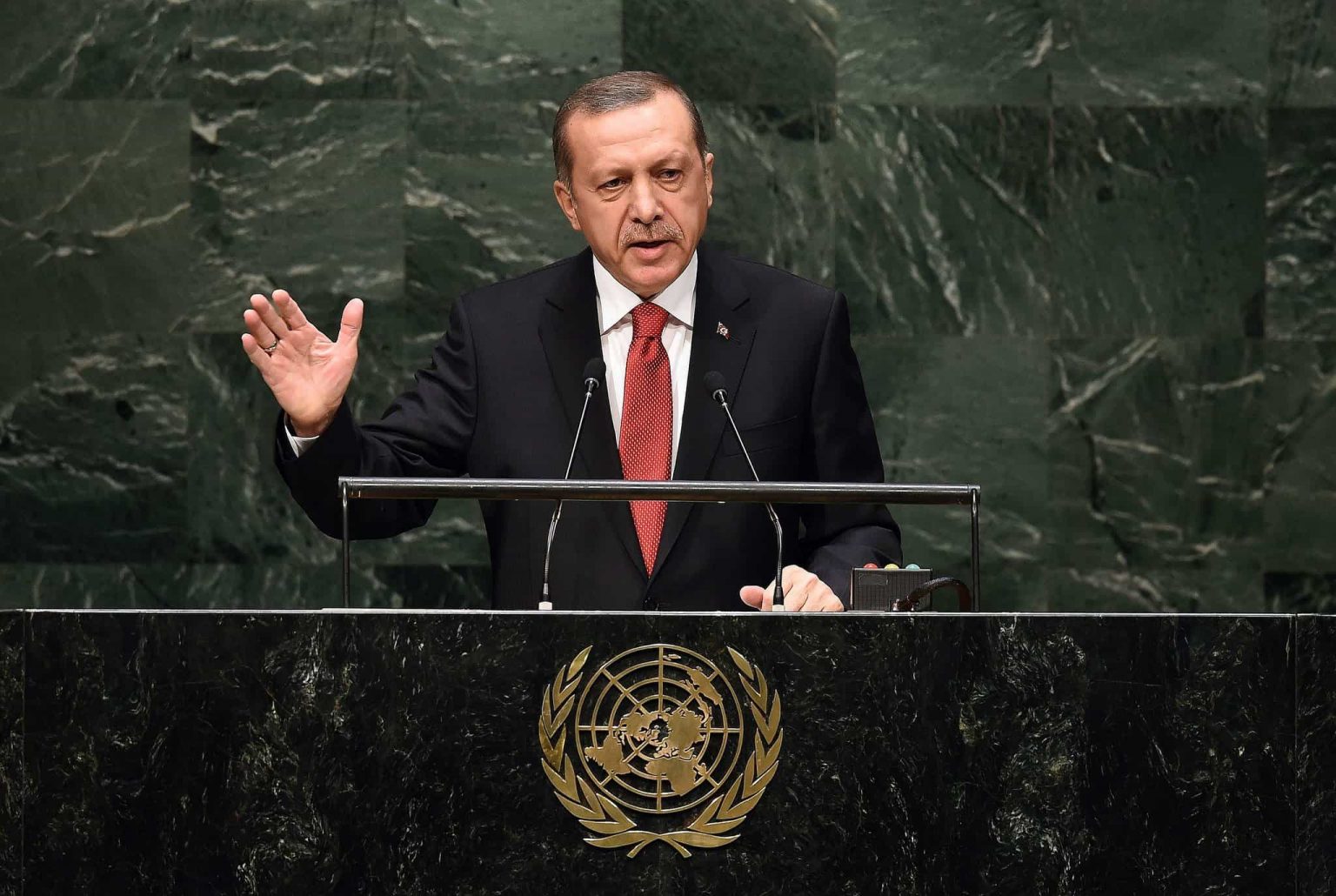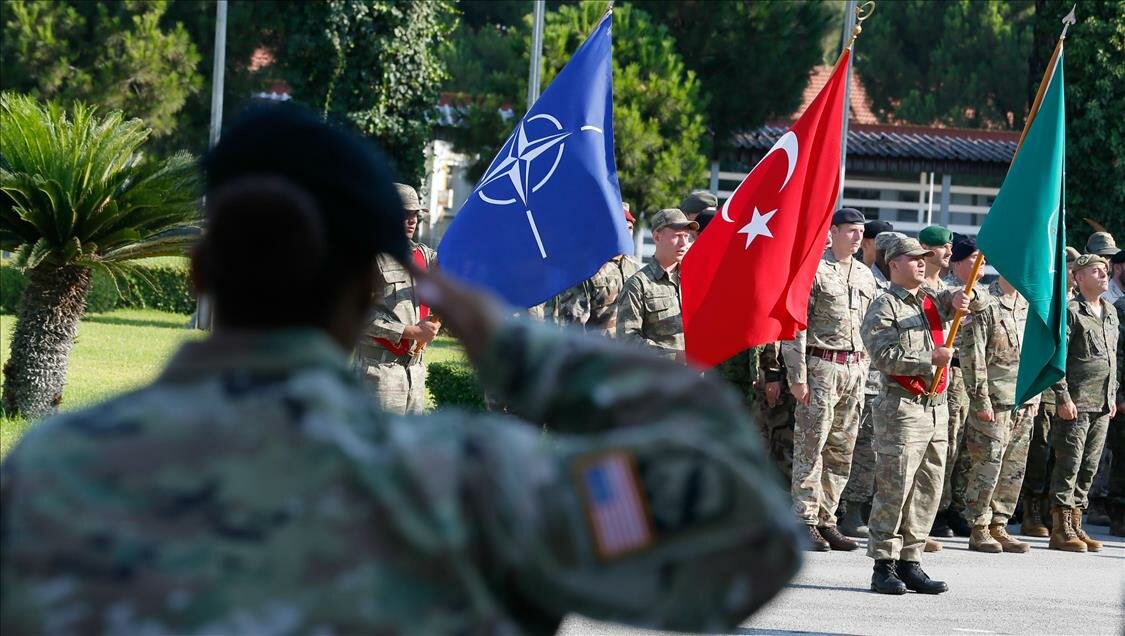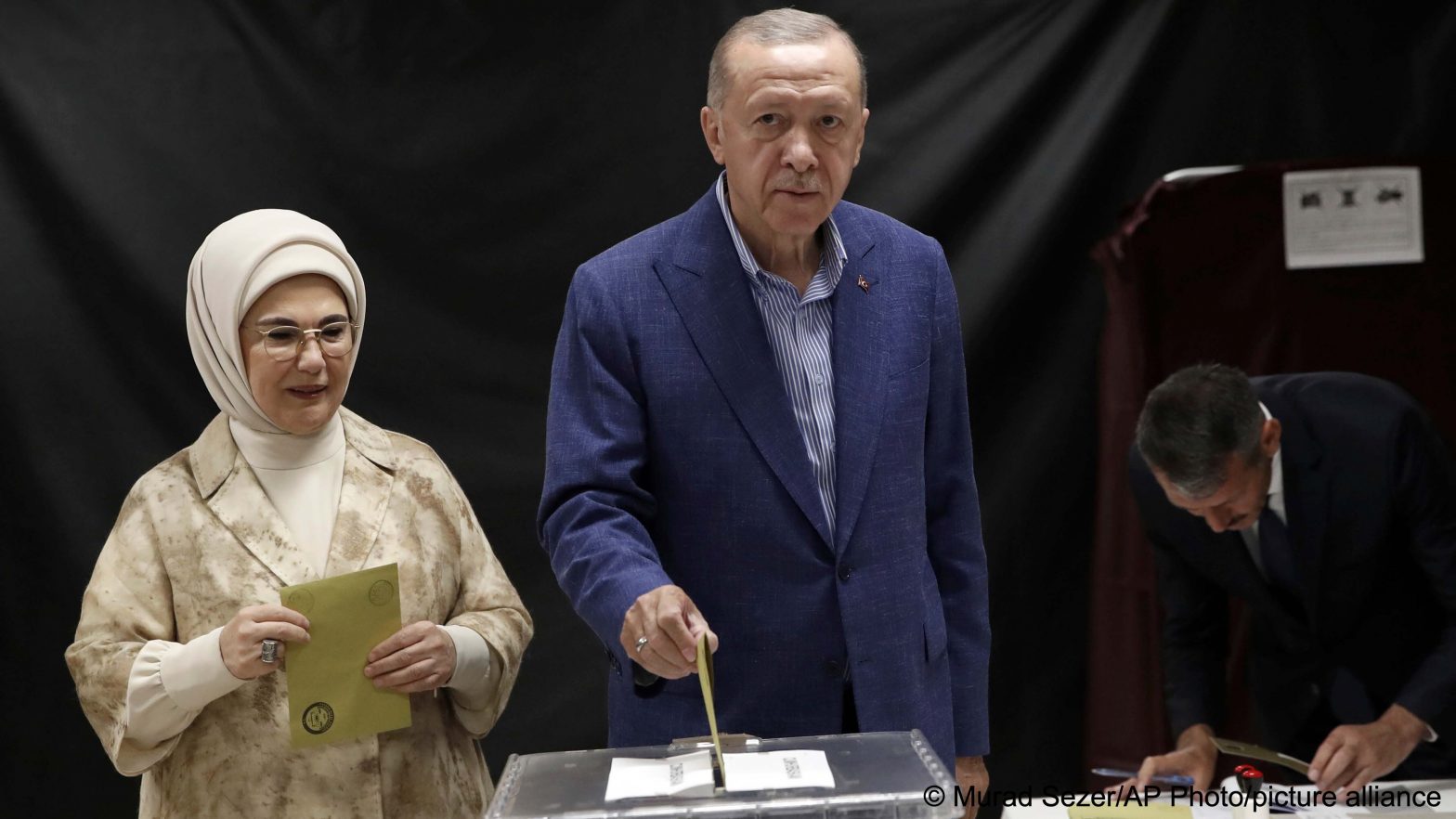Introduction:
Turkish President Recep Tayyip Erdogan’s victory in the recent presidential election has solidified his grip on power and extended his rule into a third decade. This development holds significant implications for Turkey’s foreign policy and its relationships with key regional players, particularly Russia and Ukraine. In this analytical article, we will examine the implications of Erdogan’s re-election, his delicate balancing act between Moscow and Kyiv, and the consequences for Turkey’s role within NATO.
Erdogan’s “Pro-Ukrainian Neutrality”:
Erdogan’s adoption of a “pro-Ukrainian neutrality” stance has positioned Turkey as a key power broker in the ongoing conflict between Russia and Ukraine. His efforts to mediate and broker agreements, such as the Black Sea Grain Corridor Initiative, have demonstrated his willingness to engage with both sides. This approach has garnered praise from Ukrainian President Volodymyr Zelensky, who emphasized the strategic partnership and cooperation between their countries. By maintaining neutrality, Erdogan seeks to ensure the security and stability of Europe while pursuing an independent foreign policy.

Erdogan’s Balancing Act:
Erdogan’s ability to balance relations between Kyiv and Moscow is noteworthy. Despite Turkey’s NATO membership and the alliance’s strained relationship with Russia, Erdogan has cultivated a “special” relationship with Russian President Vladimir Putin. This special bond, as described by Erdogan himself, has allowed for cooperation in various fields. While Erdogan’s relationship with Putin has raised concerns among some Western allies, the Turkish President has reiterated the need for collaboration with Russia, highlighting mutual interests and the importance of engagement.
Turkey’s Role in NATO and Relations with Sweden:

Erdogan’s stance on Sweden’s NATO accession, despite criticism from Western counterparts, exemplifies Turkey’s independent foreign policy approach. Erdogan has accused Sweden of harboring Kurdish terror groups and conditioned Stockholm’s NATO membership on the extradition of individuals wanted by Turkey. Sweden, in turn, has argued that extradition requests must be addressed by its courts. This dispute highlights the complexities of Turkey’s relations within NATO and its willingness to pursue its own interests, even if it means diverging from the consensus within the alliance.

Implications for Regional Dynamics:
Erdogan’s re-election solidifies his position as a significant player in regional dynamics. His “pro-Ukrainian neutrality” approach provides Turkey with leverage in the ongoing conflict and bolsters its role as a mediator. Turkey’s ability to navigate between Russia and Ukraine allows for continued engagement and potential diplomatic solutions. Moreover, Erdogan’s relationship with Putin and his willingness to engage with non-traditional partners expand Turkey’s influence beyond its NATO membership and highlight its importance as a regional power broker.
Conclusion:
Erdogan’s re-election has far-reaching implications for Turkey’s foreign policy and regional dynamics. By adopting a “pro-Ukrainian neutrality” stance, he has positioned Turkey as a crucial mediator in the conflict between Russia and Ukraine. Erdogan’s balancing act between Moscow and Kyiv, his special relationship with Putin, and his independent foreign policy approach demonstrate Turkey’s desire to pursue its own interests and assert its influence on the global stage. As Turkey continues to navigate these complex dynamics, it remains to be seen how its relationships with key regional players and its position within NATO will evolve in the face of ongoing geopolitical challenges.
©world-news.biz
